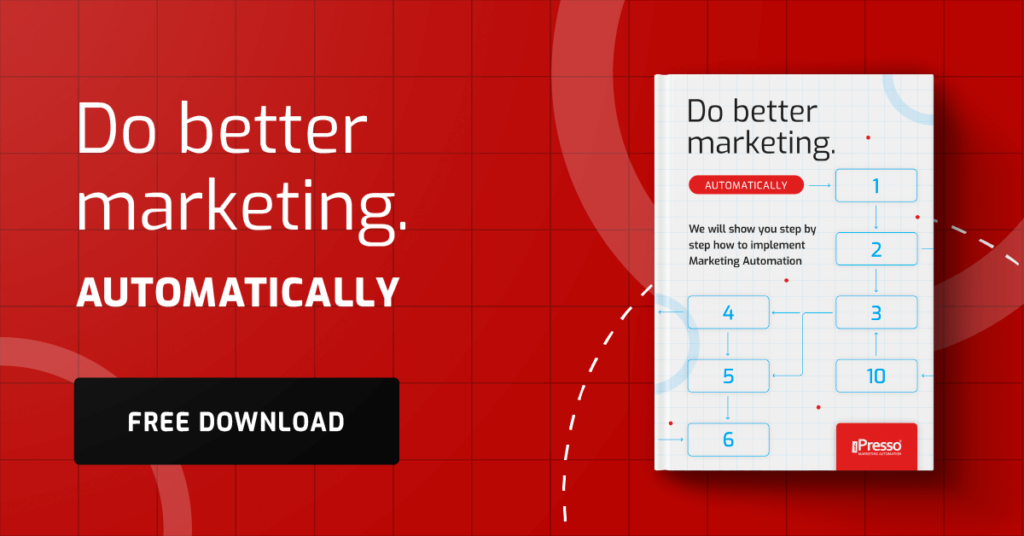Why is omnichannel the future of marketing?

Are your campaigns ineffective? Users are reading messages too late and missing out on promotional shopping opportunities? Communication with the customer should take place through multiple channels, and preferably interconnected. An omnichannel strategy combines online and offline activities, so you take care of the recipient at every stage of the purchase path.
Omnichannel – what is it?
Omnichannel combines different communication and sales channels, which, when properly integrated with each other, provide the customer with a seamless shopping experience. Thus, the user receives consistent content, making it more likely that they will take advantage of your offer. Omnichannel allows the buyer to choose the form of shopping that is convenient for them, as well as receiving messages and advertisements. In this way, you build trust and a lasting relationship with the recipient.
What are the benefits of omnichannel
Integrated omnichannel sales has many advantages:
- Increased loyalty – in omnichannel, the customer himself can choose his preferred communication and sales channel, so he feels important and is eager to return to take advantage of your offers in the future. With segmentation and personalization, additionally, he can receive messages perfectly tailored to him, so he is sure to finalize each transaction.
- Knowing the customer’s preferences – without omnichannel, a mistake is often made and communication with the customer is only through one communication channel. Depending on a number of factors, the recipient, for example, may not always be able to read an email, and would prefer to go to the nearest stationary store to see the products in person instead of shopping online.
- Increase in trust – imagine that someone was interested in an advertisement for a sale of your winter collection and wanted to shop online, but there he was surprised by the high price without discounting. As it turned out, the promotion included only stationary stores, but the recipient has too far to go to them, so he eventually ordered the products online from a competitor. With omnichannel such a situation cannot happen, because the user always receives consistent information, so he trusts your brand and knows that he will buy products at the advertised price.
Omnichannel will work in your industry
Omnichannel strategy is useful in many sectors:
- E-commerce – when running an online store, you need to use various forms of communication with the customer. You may prefer newsletters and important information sent via email, but discounts and reminders about an ending promotion are best sent via SMS. Also, remember to make your site responsive, i.e. automatically adapting its appearance to the device. If you also run stationary stores, send your recipients information about the location of the nearest outlets, so that they have the opportunity to make a purchase with pickup at their favorite establishment.
- FMCG – send users discount codes, synchronize points collected in your loyalty program and create consistent ads. Communicate with customers via social media to further engage them in interactions with your brand.
- Travel – leverage omnichannel in tourism and offer personalized email messaging. Provide a mobile app where the customer will have all the necessary information about the trip and booking gathered, along with up-to-date messages. Thanks to seamless communication and synchronization, the recipient will not feel lost and will be eager to use your offer more than once.
Summary
As you can see, omnichannel plays a key role in various sectors and helps build a strong and long-lasting relationship with the customer. In the future, omnichannel may become a core strategy in most companies, so it’s a good idea to ensure integrated multichannel sales now.
Want to test different marketing automation tools and implement omnichannel in your business? Try iPresso and test the functionalities you’re interested in for free. Sign up now and start your free 30-day trial!



